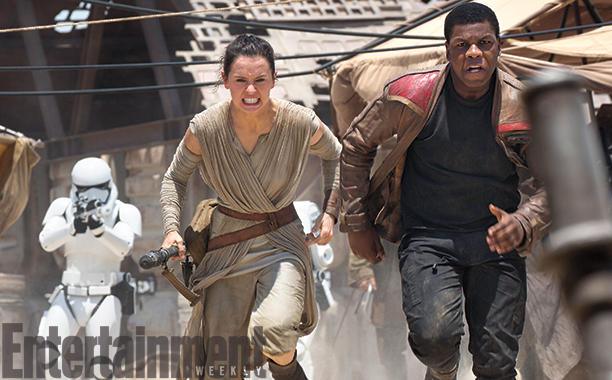September 11, 2021
They say one person’s terrorist is another person’s freedom fighter. From the perspective of a lowly stormtrooper inside the Death Star, Luke Skywalker and his band of rebel fighters, guided by an archaic religion, were not heroes, but mass murderers. Was the U.S drone strike that targeted ISIS-K in Kabul on August 29th a part of our righteous war on terror or was it a terrorist attack that killed seven children (and no ISIS fighters)? Remember when Bill Maher said, on his show Politically Incorrect, the 9/11 hijackers were not cowards, but those who launch cruise missiles from 2000 miles away were and ABC canned him? Are we even allowed to ask these questions?
Today is not the day to debate whether or not the attacks twenty years ago were terrorism. They most certainly were. If they weren’t, the word has no meaning. Anyone who was alive and old enough to pay attention on September 11, 2001 (and now a quarter of Americans weren’t), felt the terror. I had just flown to Atlanta on 9/10 for my 20th high school reunion and my dad woke me up in time for me to see the second plane slam into the World Trade Center. I remember saying out loud, “What the hell is happening?” as Peter Jennings attempted to translate the untranslatable. It was about to get worse. Much worse.
The U.S. government defines terrorism as, ““the unlawful use of force and violence against persons or property to intimidate or coerce a government, the civilian population, or any segment thereof, in furtherance of political or social objectives” (28 C.F.R. Section 0.85). Much of my work is built around the description of hate crimes as acts of terrorism. Why do we not think of the 9/11 attacks as merely 2,977 murders? Because all Americans were the targets. I had a friend from college who was in Tower 1. Osama bin Laden didn’t know about him, or have anything against him personally. (Three of my former Emory classmates were killed in the New York attacks.) He was a random target, a death meant to intimidate a larger civilian population. And it worked. It was several months after 9/11 before I could enter a tall building or drive over a Portland bridge without thinking of a passenger plane crashing into it.
Hate crimes work the same way. Like the victims of 9/11, targets are randomly selected for their symbolic value, to coerce others like the targets that they aren’t wanted here. Leave. A burning cross, a gay bashing, a swastika on a synagogue, all meant to terrorize large populations. After the 9/11 attacks hate crimes against American Arabs and Muslim (and people perceived to be Arab and/or Muslim) increased 500%. Four days after the attack a Sikh named Balbir Singh Sodhi was shot in the head in a gas station in Mesa, Arizona by a white male who claimed he seeking revenge for the 9/11 attacks. Not only were Arab and Muslim-Americans living in fear, but so were Sikhs and others. (Here in Portland, an Italian man was beaten by three teenagers after the attacks because he was perceived to be Middle Eastern.) 2001 wasn’t an anomaly. Just this week, data released but the FBI revealed that hate crimes increased dramatically in 2020. Who is terrorizing whom?
On this sad occasion, I’m reminded of how the Bush-Cheney-Halliburton Administration tried to falsely pin 9/11 on Saddam Hussein, leading to the invasion of the wrong county, a protracted and completely unnecessary war that was responsible for the death in over 4000 U.S. troops, and over half a million Iraqi men, women, and children killed. But we were the ones fighting terrorism. We couldn’t possibly be the terrorists. Could we?
I visited Ground Zero the summer following the attack and I could still smell the dust of all the souls who had been atomized on that Tuesday in September. I’ve been to New York at least a dozen times since then and always notice what’s not there and what is. My recurring 9/11 dreams were central to my 2016 novel, The Dream Police. At the 9/11 memorial when I see the names of the victims who were pregnant women, I can’t help but convulse and every trip I make to Washington DC, I have a moment when I wonder what would have happened if the fourth plane had hit its intended target, the U.S. Capitol building. I carry this as trauma as does every American, to varying degrees, who remembers that day.
But we also carry the trauma of all the other acts of terrorism, many done in our name or done by people who look like us against people who don’t look like us. We’ve become blasé to the trauma and really good at rationalizing the traumatizing of others. We’ve become masters at dehumanizing the “other.” They see us as “infidels” and we see them as “fanatics.” They see us as “libtards” and we see them as “Nazis.” Nobody is just a human being capable of love and redeemable imperfection. If you told members of the radical right or the radical left they could push a button to launch a drone strike to wipe out the other side, the air would be filled robots on their death trips.
Trauma requires healing and there has been a lot of healing in the last 20 years. New Yorkers are resilient. The passengers on Flight 93 showed great courage in the face of their own deaths. And the work of the war machine that launches drone strikes into wherever continues at the Pentagon. But the healing is hampered by all the other terror we inflict on each other. An open wound never truly heals.
I will never forget that day. The confusion of wondering if it was real or a movie. The image of people choosing to jump rather than burn. The realization that the world would never be the same. But I will also never forget a lot of other things, including what happened in a Mesa, Arizona gas station four days after the attack and what happened two weeks ago in Kabul. Never forget any of it.






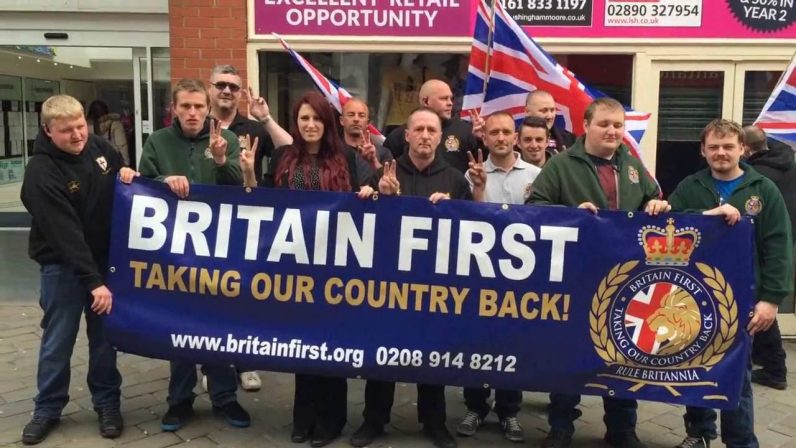
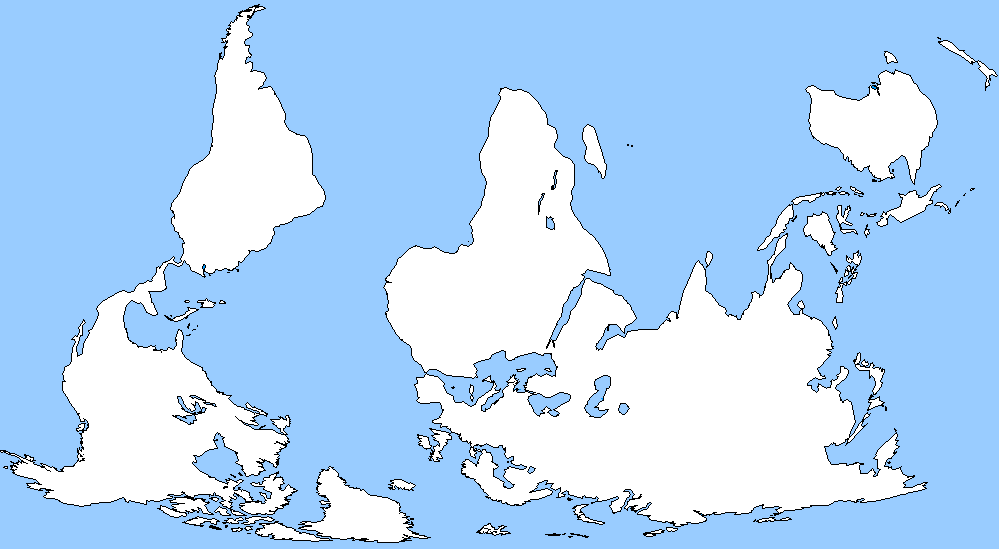
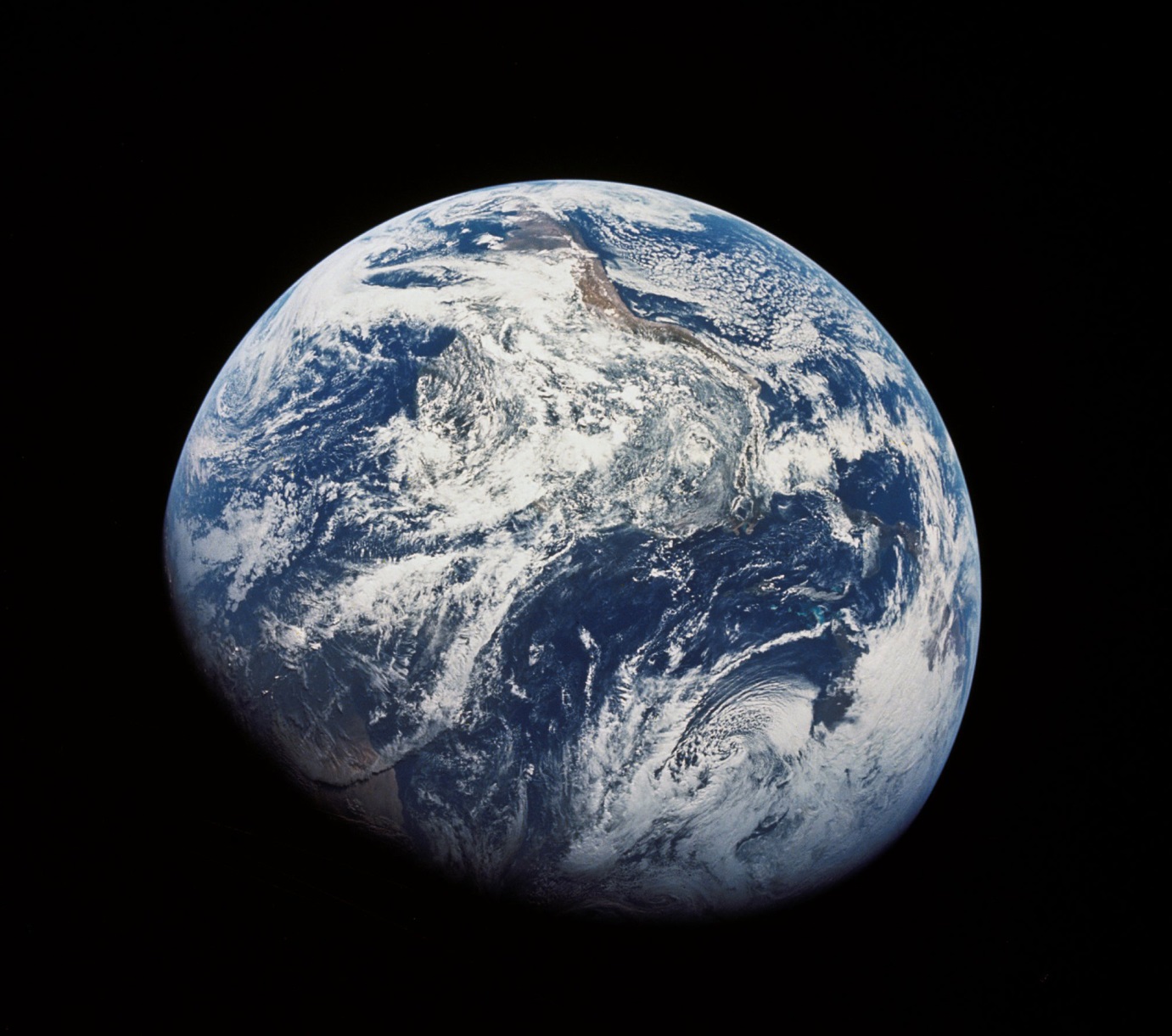







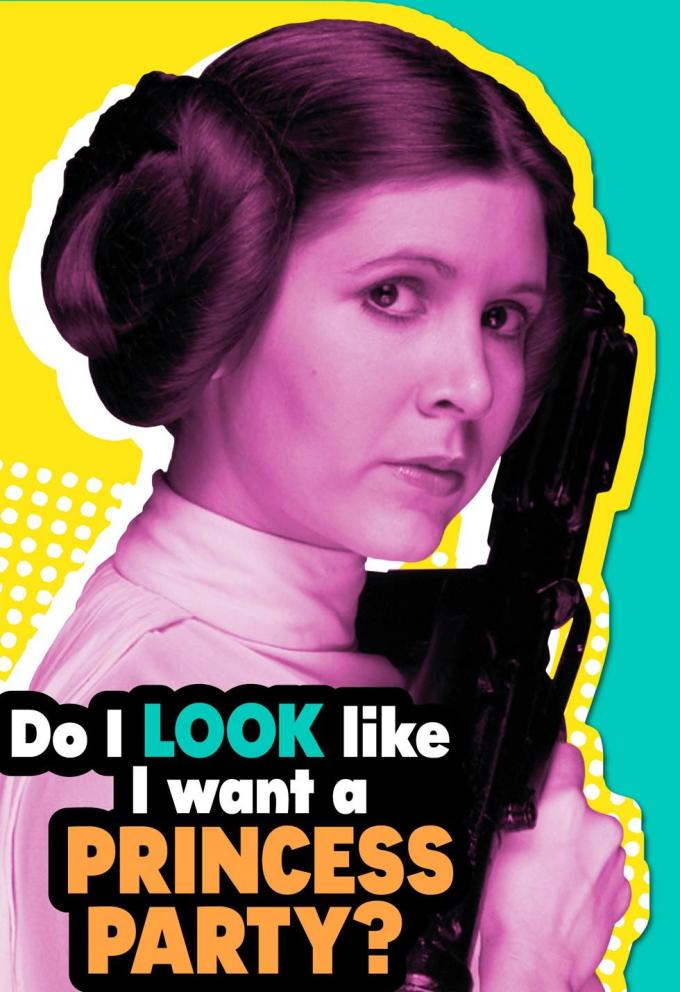

 When the third Star Wars film, The Return of the Jedi, came out in 1983 I was a 19-year-old college boy (I saw it opening day at Phipps Plaza in Atlanta). This is the film where Princess Leia (Carrie Fischer) is enslaved by the grotesque Jaba the Hut and forced to wear a bikini with a chain around her neck. The image was featured prominently in the movie posters and promotional materials and is the only thing a lot of fanboys remember about that film. I should point out that badass Leia ends up strangling Jaba with that chain in what could be viewed the greatest feminist metaphor in all film history. (Similarly, I’m sure some claim Game of Thrones is feminist because a few of the many rapists on the show get beheaded. Um, no.)
When the third Star Wars film, The Return of the Jedi, came out in 1983 I was a 19-year-old college boy (I saw it opening day at Phipps Plaza in Atlanta). This is the film where Princess Leia (Carrie Fischer) is enslaved by the grotesque Jaba the Hut and forced to wear a bikini with a chain around her neck. The image was featured prominently in the movie posters and promotional materials and is the only thing a lot of fanboys remember about that film. I should point out that badass Leia ends up strangling Jaba with that chain in what could be viewed the greatest feminist metaphor in all film history. (Similarly, I’m sure some claim Game of Thrones is feminist because a few of the many rapists on the show get beheaded. Um, no.)
